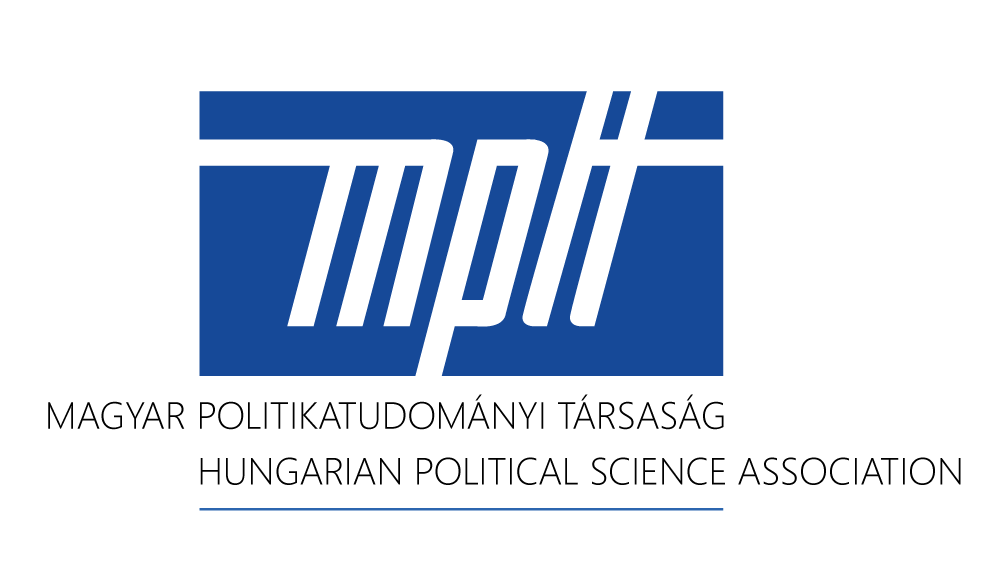30th Annual Conference of the Hungarian Political Science Association
29-30 May 2025, Budapest
Institute for Political Science, HUN-REN Center for Social Sciences
Tóth Kálmán Str, 4, 1097 Budapest
Academic programme
Thursday, 29 May 2025
| 10:30 - 11:30 | Opening and welcome address. Award ceremony of the Kolnai Award |
| 11:30 - 12:30 | Lunch |
| 12:30 - 14:00 | Panel session 1. |
| 14:00 - 14:15 | Coffee break |
| 14:15 - 15:45 | Panel session 2. |
| 15:45 - 16:00 | Coffee break |
| 16:00 - 17:30 | Panel session 3. |
| 18:00 - 19:00 | Keynote lecture - Kirk Hawkins (Brigham Young University): US Populism - What is New, What is Not |
| 19:00 - 23:00 | Dinner |
Friday, 30 May 2025
| 9:00 - 10:30 | Panel session 4. |
| 10:30 - 10:45 | Coffee break |
| 10:45 - 12:15 | Panel session 5. |
Call for papers
Realignment and Stability in Politics
The 30th Conference of the Hungarian Political Science Association
Following the 2010 elections, Hungarian politics was characterised by relative stability. Although minor changes occurred beneath the surface, and significant external challenges—such as the pandemic and armed conflicts—impacted the country, these did not fundamentally alter the logic of political competition. Public opinion polls, with minor interruptions, consistently showed a significant lead for the governing party, and it seemed that domestic political events did not pose a substantial challenge. However, the year 2024 disrupted the seemingly frozen party system: the emergence of a new political force brought to the surface previously hidden socio-political realignment processes, such as the loosening of political attachments (de-alignment) and realignment along new cleavages. For this reason, the central theme of our conference is realignment. To what extent can this process be observed in the party system and in citizens' attitudes toward politics and political actors? Does realignment extend to other areas of politics, and if so, through what mechanisms?
Realignment is also evident in international politics. Shifts in power centres can be observed in the changing global balance of power, particularly with the rising global roles of China and India, while the relative influence of the USA and the EU is undergoing transformation. Regional conflicts and alliances are also evolving, as illustrated by the Russia-Ukraine war, the dynamics of the Middle East, and the changing roles of NATO and other regional alliances. The transformation and fragmentation of the global order into competing power blocs, the rise of protectionism, and the intensifying competition in technology (e.g., artificial intelligence, quantum technology) and for resources are creating new dynamics in international relations. At the same time, the effectiveness of international organizations (e.g., the UN, WHO) is increasingly questioned, while states are relying more on bilateral or regional agreements.
The year 2025 marks a special milestone for Hungarian political science, as the Hungarian Political Science Association (MPTT) is organizing the 30th Vándorgyűlés (Annual Conference). This anniversary provides an opportunity not only for the academic community to reflect on past achievements but also to showcase the latest trends in political science. The conference will thus serve as both a retrospective and a major academic gathering, as well as a forum for defining future research directions. We invite proposals for individual presentations and full panels (4-5 presentations) in Hungarian or English that align with the announced sections. Additionally, the open section welcomes political science presentations that do not strictly fit within the predefined themes.









